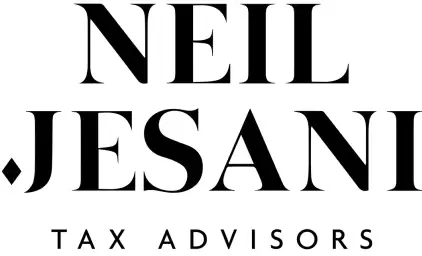Charitable giving is an essential component of wealth management, offering high-net-worth individuals the opportunity to support meaningful causes while optimizing tax benefits. At Neil Jesani Advisors, we specialize in helping individuals navigate the complexities of charitable donation strategies to maximize their impact and deductions. This article explores various charitable giving vehicles, their tax implications, and how to choose the best approach for your financial situation.
Understanding Charitable Donation Deductions
The IRS has permitted charitable donation deductions since the 1950s, allowing taxpayers to reduce their taxable income when contributing to qualified nonprofit organizations. While the fundamental rules have remained stable, the ability to leverage different donation methods effectively can significantly enhance tax efficiency.
Charitable Remainder Trusts (CRTs)
Charitable Remainder Trusts (CRTs) provide a unique way to donate assets while still generating income. These trusts allow individuals to contribute appreciated property, receive a tax deduction, and maintain a financial benefit from the trust’s assets.
Two Common Types of CRTs:
Charitable Remainder Annuity Trust (CRAT) – Provides fixed annuity payments to beneficiaries based on IRS actuarial tables.
Charitable Remainder Unitrust (CRUT) – Offers variable payments based on the trust’s investment performance.
Tax Benefits:
Deduction limited to 30% of adjusted gross income (AGI) in the contribution year.
Unused deductions can be carried forward for up to five additional years.
Avoidance of capital gains tax on appreciated assets transferred into the trust.
Donor-Advised Funds (DAFs)
A Donor-Advised Fund (DAF) is a flexible charitable giving option that enables donors to contribute irrevocably while retaining control over grant distributions to charities.
Advantages:
Immediate tax deduction (30% of AGI for appreciated assets, 60% for cash contributions).
Investments within the fund grow tax-free.
Ability to distribute funds to charities over time.
Considerations:
Contributions are irrevocable and cannot be withdrawn by the donor.
Ideal for donors with highly appreciated assets, such as stock or real estate.
Private Foundations
For those seeking maximum control over their charitable giving, a private foundation may be the best choice. This structure allows donors to create their own nonprofit entity and direct grants to specific causes.
Key Rules:
Must distribute at least 5% of total assets to charities annually.
Subject to strict IRS regulations to prevent self-dealing.
Higher administrative and compliance responsibilities.
Direct Donations to Charity
Donating cash or appreciated assets directly to a qualified 501(c)(3) organization is the most straightforward giving method. Before donating, verify the organization’s charitable status using the IRS database.
Tax Benefits:
Cash donations: Deduction up to 60% of AGI.
Appreciated assets: Deduction up to 30% of AGI based on the asset’s fair market value, with capital gains tax avoidance.
Donations exceeding limits can be carried forward for five years.
Non-cash donations exceeding $5,000 require an appraisal and IRS Form 8283.
Advanced Giving Strategies: LLC Charitable Donations
A sophisticated method for structuring charitable donations involves using a Limited Liability Company (LLC). High-net-worth individuals can move appreciated property into an LLC before making contributions, offering unique tax advantages.
Key Benefits:
The LLC retains the original holding period of contributed assets, ensuring eligibility for capital gains tax avoidance.
Enables multiple individuals to share tax benefits through a partnership structure.
Taxpayers receive Form K-1 reflecting their proportionate share of the charitable deduction.
Choosing the Right Charitable Strategy for You
Selecting the best charitable giving approach depends on several factors, including:
-
Your philanthropic goals – Determine the level of involvement and control you want over your contributions.
-
The types of assets you wish to donate – Consider whether you are donating cash, stocks, real estate, or other assets.
-
Your desired level of control – Decide between direct giving, donor-advised funds, or establishing a private foundation.
-
Your taxable income and deduction strategy – Optimize your tax position while making meaningful contributions.
At Neil Jesani Advisors, we specialize in crafting tax-efficient charitable giving plans tailored to high-net-worth individuals. Contact us today to explore the best charitable donation strategy for your financial situation.


